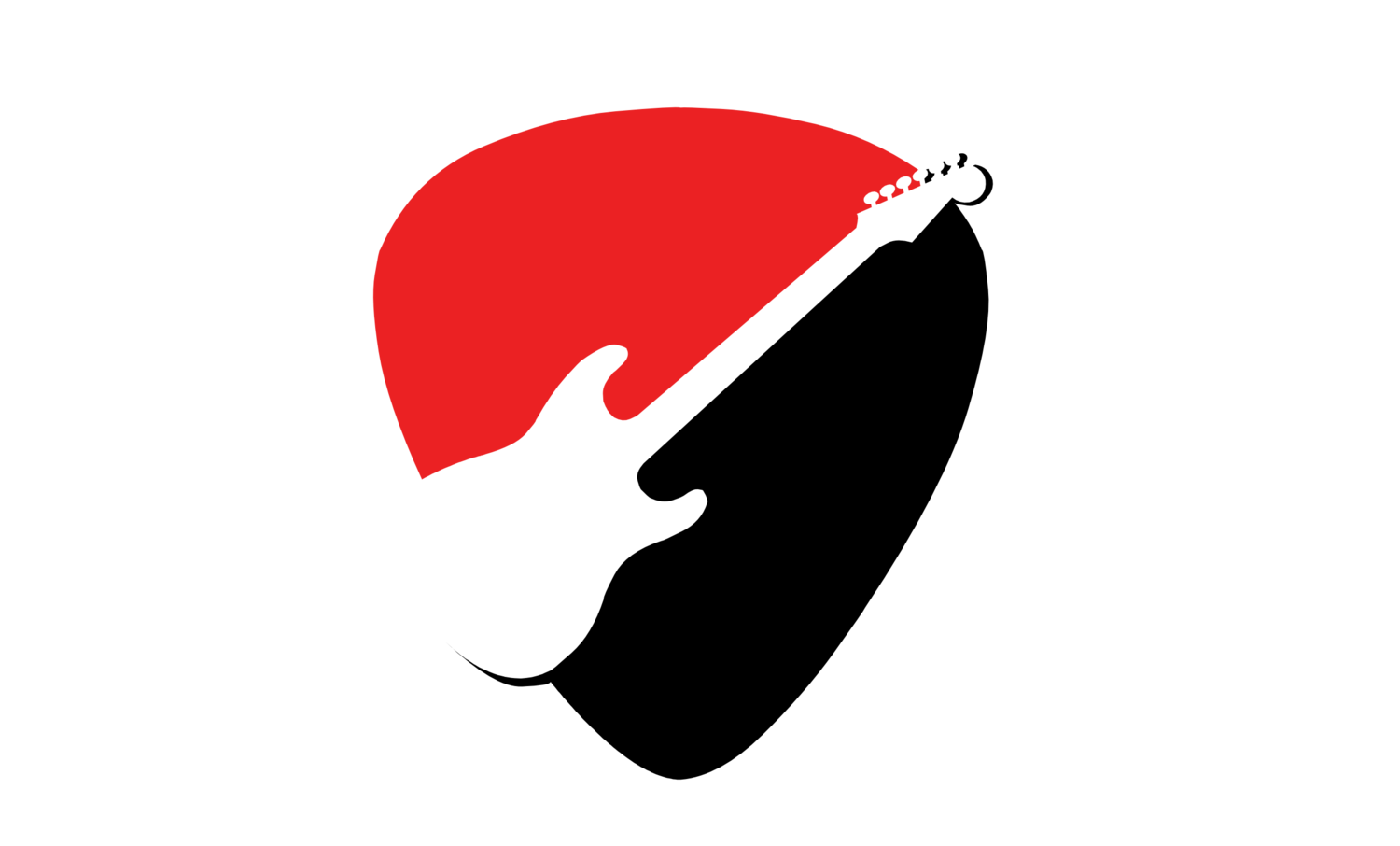Playing in a band is great fun, but with it comes a lot of work that a lot of people don’t realise and get a big shock when you get to it! I’ve run a number of successful original and covers bands both as band leader and willing participant so I have a good insight of what you need to do.
I personally believe it is important for someone to be in charge. I’ve been in bands where we’ve tried to make it a democracy and everyone has a say, but everytime, nothing gets done as you’re too busy trying to agree on something or compromise on every decision to make everyone happy. In my experience as long as everyone knows from the start that one person is going to be making the ultimate decision everyone is okay with it. Forming a band is like running a business, you need a manager to make those choices.
Some tasks that takes a lot of work but you don’t really think about;
The branding; The logo/website/colours that the bands use. What does the band wear on stage? How does this fit in with your branding? If you’re playing 80s Rock, you don’t want to be wearing 3 piece suits on stage, that would be sorted to a Blues or Jazz band.
Website/Social Media; This takes a lot of effort to maintain and needs to be kept regularly updated. If you look up a band and their last posts are from years ago you don’t really pay attention to them, regular content is important!
Promotional Material; Photo shoots, video shoots, audio recordings and anything you can think of to help your band be booked for gigs. These all take time and a lot of effort to sort out, from picking the videographer/photographer to picking the location.
The setlist/music; Does the band need charts written out, if so, who writes them out? Who picks what songs the band needs to learn? Who picks the songs for the gigs? Who listen to the radio and monitors the charts to see what is big at the minute so you can add it to the set?
Payouts; how does the band get paid? Who is responsible for invoicing? Does the band leader get a bit more money for all the admin work? Does the arranger get some money for writing out the songs? This stuff needs to be agreed before the band does it’s first gig, so there are no surprises!
These are just some of the things you need to think about when forming a band. I’m not trying to put anyone off forming and joining a band, I’m just trying to help you avoid any surprise and to help you avoid the same mistakes myself and many others made when forming your band.
